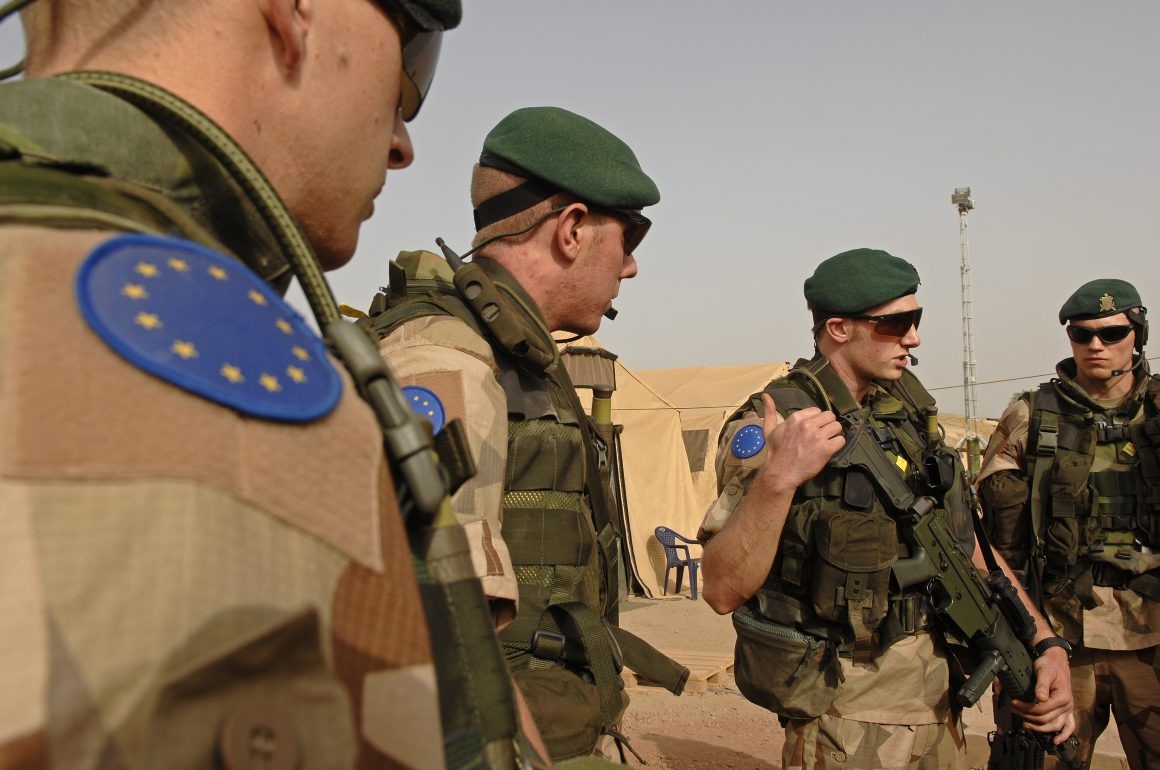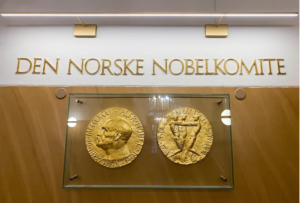
As the Russian-Ukrainian conflict continues to escalate, the European Parliament has heard numerous new propositions for an idea that has s been thrown around since 1950, before the European Union (EU) even existed: a United European Army
The EU and NATO have 27 and 30 member states, of which 21 are members of both, so the two organisations have very close relations. The U.S and European interests particularly align when it comes to Ukraine, as both look to curb increased Russian expansion/influence. With the recent mobilisation of Russian, Ukrainian, and NATO forces in the regions around the Don river, the EU has begun to consider expanding their defensive unification. This means creating a standing European Union army, funded and organised by the EU’s institutions.
The arguments in favour of a United European Army are primarily concerned with increased European integration and protection from outside forces. This argument was particularly strengthened by former President Trump’s atlantic-scepticism, an ideology which advocates for less military funding going towards European countries and increased isolationist policy. Despite new American leadership, the proposition of a European army has only gotten stronger as countries like Turkey, China, and Russia grow their power due to COVID vaccine alternatives, new alliances, and an increase in global influence.
Don’t be deceived however, despite the possibly well natured intentions of these arguments, an EU army is a disastrous idea. A European army is a threat to every national self identification movement in Europe or anywhere near it. It is a threat to progress in the region and a threat to global peace.
The EU has repeatedly ignored European minorities’ rights: refusing to adopt resolutions protecting autonomous communities like Hungarians in Transylvania, the Cornish in England, the Flemish in Belgium, and many many more. While attempting to protect minority rights in theory, the Union has repeatedly not enforced it’s policies: be it in Estonia, Slovakia, Poland, or others. A European Army would engrain power within an institution that has refused to aid minorities or respect national self-identification movements.
The European Army would also be a massive opportunity for neocolonial discrimination. Given the European Union’s history in hiring discrimination, the army would be largely Western European: (mostly French and German) with few Eastern Europeans, Greeks, or minority groups. This French and German European hegemony over the military would allow them to crush the wants of non-Western European countries as well as increase their intervention in North Africa and the Middle East as they have previously done. The EU army is a major danger to national identification and minorities.
The power an army gives to the European Union institutions is an enemy of global progress. The EU’s increased ability to intervene in the name of Western European interests will result in conflicts like the ones in Syria and Iraq not only having one, two, or three factions but also the EU as well. The militarization of the European Union would mean a new sizable Western force for Russia and China to counter, causing an increase of military spending around the world.
A European army would result in Western Europe regaining the power they have abused for centuries, it would upset the global order with militarization around the globe and entrench the already deep issues the continent has.



